-15%
Pakadarpana of Nala
₹125.00 ₹106.25
10 in stock (can be backordered)
SKU: CO0205
Categories: 3 Ayurveda, 3.e.16 Rasashastra, 3.e.4 Bhaishajyakalpana, 3.f Reference Books, 3.g General Ayurveda Books
Tags: BAMS 2nd Year Books, Chowkhamba, General Ayurveda Books, Rasashastra Evam Bhaishajyakalpana, Reference Books
Compare
Be the first to review “Pakadarpana of Nala” Cancel reply
Related products
-
Compare
- -10%
- 3 Ayurveda, 3.c BAMS 3rd Year, 3.c.1 Agadtantra, 3.c.2 Vyavahar-Ayurveda Evum Vidhivaidyak
- Agada-Tantra & Vyavahara Ayurveda (Toxicology, Medical Jurisprudence)
-
₹250.00₹225.00Rated 0 out of 5 - Author Publisher Language Edition ISBN Pages Cover Size Weight Item Code Other
- Add to cart
-
Compare
- 1 Hindu Religion, 1.a Dharmik Pustaken, 1.b Prachya Grantha, 1.c Nitya Pujan (Puja Paath / Vrat-Tyohar), 3 Ayurveda, 3.g General Ayurveda Books
- Aarogya Ank (आरोग्य अङ्क)
-
₹300.00
Rated 0 out of 5
- Author Publisher Language Edition ISBN Pages Cover Size Weight Item Code Other
- Add to cart
-
Compare
- -11%
- 3 Ayurveda, 3.b BAMS 2nd Year, 3.b.4 Bhaishajyakalpana, 3.e.4 Bhaishajyakalpana, 3.f Reference Books
- Vrikshayurveda (वृक्षायुर्वेद)
-
₹175.00₹155.00Rated 0 out of 5 - Add to cart
-
Compare
- -15%
- 3 Ayurveda, 3.b BAMS 2nd Year, 3.b.1 Dravyaguna Vigyan (Pharmacology & Materia Medica), 3.e.7 Dravyaguna Vigyan (Pharmacology & Materia Medica), 3.f Reference Books, 3.g General Ayurveda Books
- Prakritik Aahar Dwara Nisargopchar (प्राकृतिक आहार द्वारा निसर्गोपचार)
-
₹125.00₹106.00Rated 0 out of 5 - Author Publisher Language Edition ISBN Pages Cover Size Weight Item Code Other
- Add to cart

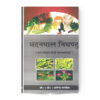
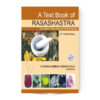
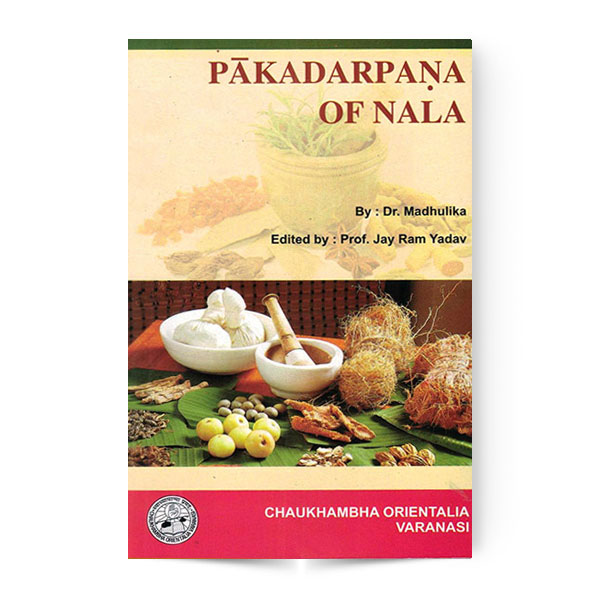
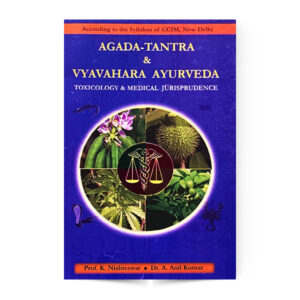
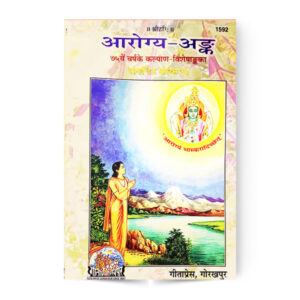
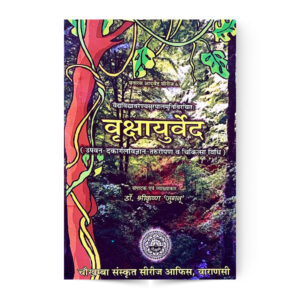
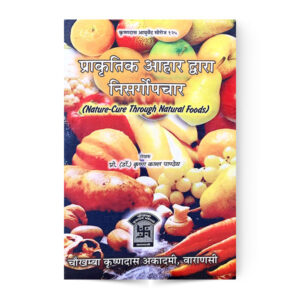
Reviews
There are no reviews yet.